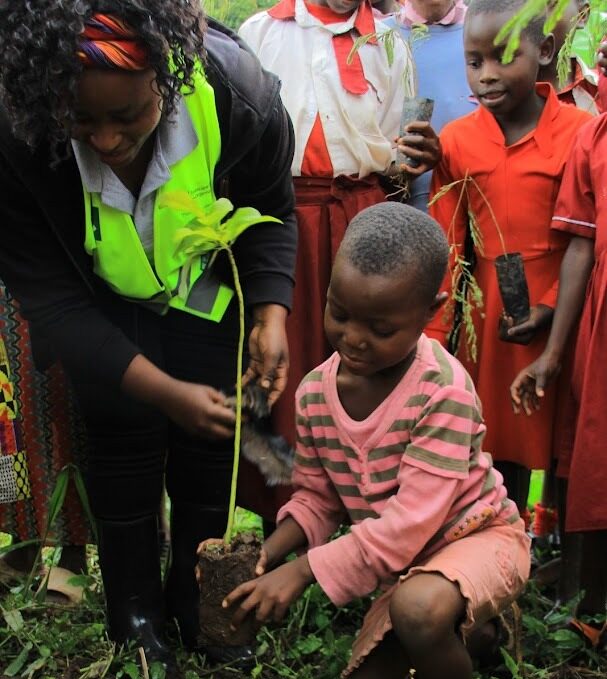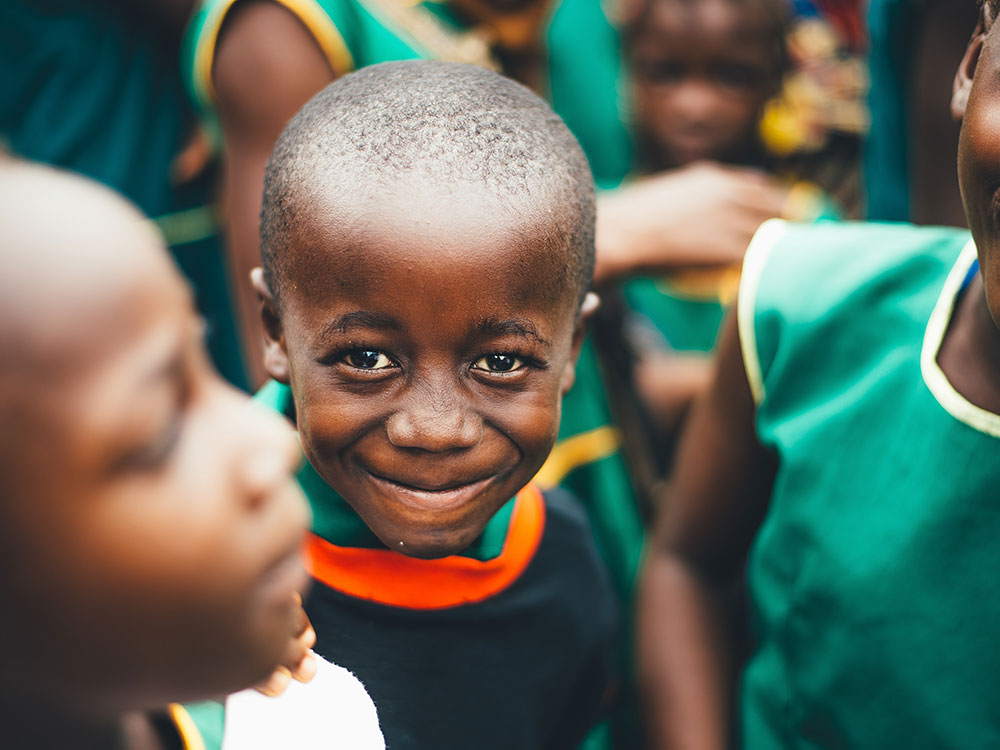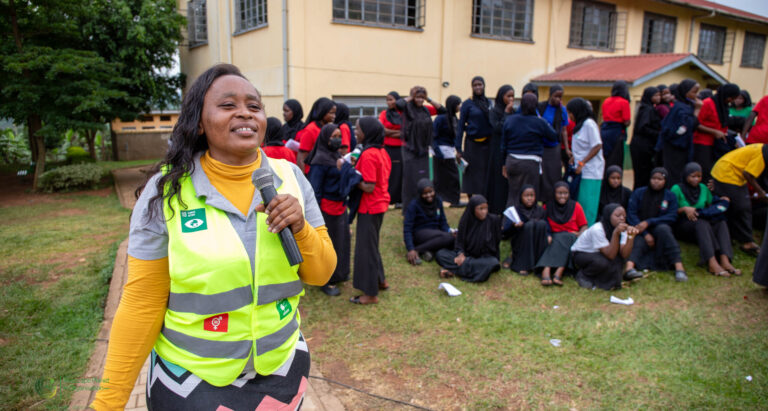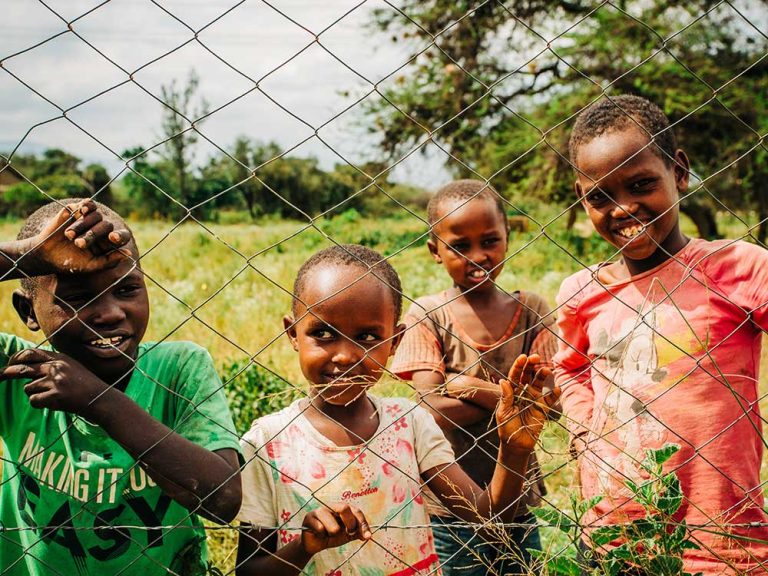Imagine a world where there were no birds chirping in the morning, no flowers blooming in your garden, and no buzzing of bees as they pollinate plants. It sounds like a lifeless world, doesn’t it? Yet, that is the reality we are hurtling toward if we don’t take action to protect biodiversity.
Biodiversity is more than just a buzzword we throw around in meetings or at environmental conferences—it is the web of life that connects every living creature on this planet. From the tiniest microorganisms in the soil to the majestic elephants roaming the savannah, biodiversity encompasses the variety of life on Earth and the intricate relationships that exist between species, ecosystems, and the environment.
“Protecting biodiversity through strong climate policies is vital for a sustainable future.”
Bonnita Tukwatanise
Why Should We Care About Biodiversity?
Biodiversity is essential for life, providing the resources we need to survive, such as food, water, and clean air. It supports key ecological processes like pollination, pest control, and soil fertility. Beyond survival, biodiversity enriches our lives with beauty and a sense of peace, offering experiences that connect us to nature in ways that urban environments cannot.
The Crisis We Face
Biodiversity in Uganda is in severe decline due to rapid deforestation, land-use changes, and climate change, threatening essential habitats and species. Over the past 20 years, Uganda has lost more than 40% of its forests, primarily due to agriculture, logging, and charcoal production. This loss endangers over 3,000 plant species and 350 bird species. Iconic species like the mountain gorilla are critically endangered, with fewer than 1,000 individuals remaining. Additionally, Uganda faces challenges in the REDD+ program, with nearly 10% of forest cover lost between 2010 and 2020, contributing to greenhouse gas emissions. Endangered tree species such as Prunus africana, Podocarpus latifolius, and Fleroya stipulosa are also at risk due to habitat loss and illegal harvesting. Organizations like the Uganda Wildlife Authority and National Forestry Authority struggle to protect the country’s biodiversity due to limited resources and increasing environmental pressures.
What can we do About it?
The good news is that we can make a difference through small actions that collectively lead to significant change. Here are ways you can contribute to protecting biodiversity:
Advocate for Policy Change: Push for climate policies that prioritize biodiversity and advocate for stronger environmental protections and sustainable practices in industries impacting nature.
Support Conservation Efforts: Help protect endangered species and ecosystems by planting trees, donating to conservation projects, or volunteering with local environmental groups.
Sustainable Living: Reduce your carbon footprint by choosing sustainable products, minimizing waste, and supporting eco-conscious businesses.
Raise Awareness: Educate yourself and others about the importance of biodiversity, share knowledge, and encourage involvement through social media.
Protect Natural Habitats: Support initiatives that conserve forests, wetlands, and oceans, which are critical to the survival of millions of species.

A call to action
As members of the Front-line Environmental Defenders (FED) network, we are on the front lines of this battle. We are the ones who can inspire change in our communities, push for stronger environmental policies, and lead by example in our everyday lives.
We don’t have to wait for others to act. We can be the change-makers; call us the voices that call for the protection of biodiversity, the hands that plant trees, and the hearts that care for our planet. Together, we can create a world where biodiversity thrives, and our future generations can enjoy the same beauty and benefits that nature offers today.
Let’s protect what’s left and restore what we’ve lost. For the bees, the birds, and the beauty of our planet—let’s take action to protect biodiversity.



